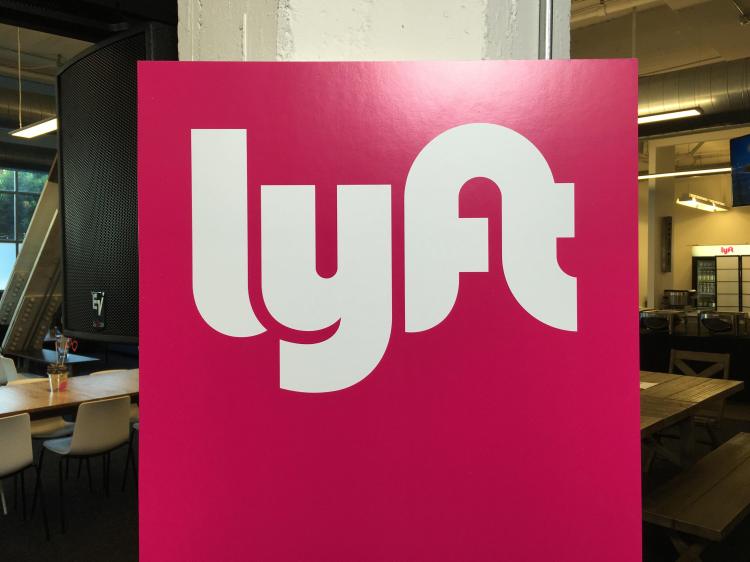(Reuters) – A U.S. judge granted preliminary approval to ride service Lyft’s $27 million settlement of a class action lawsuit brought by California drivers who claimed they should be deemed employees instead of independent contractors.
U.S. District Judge Vince Chhabria in San Francisco had previously rejected a $12.25 million deal as too small.
Lyft and larger rival Uber are attempting to resolve lawsuits by drivers who contend they should be classified as employees and therefore be entitled to reimbursement for expenses, including gasoline and vehicle maintenance. Drivers currently pay those costs themselves.
The profits and valuations of so-called on-demand technology companies would be affected by a determination that these workers are employees.
Chhabria had said the previous Lyft deal “short-changed” drivers because it represented only 9 percent of the potential value of drivers’ reimbursement claims. The new deal represents about 17 percent of that amount.
In his order on Thursday, Chhabria said the new deal “adequately addresses the flaws identified in the Court’s prior ruling.” Like the previous agreement, drivers would remain independent contractors.
In a statement, Lyft said it was pleased with the ruling, adding that the deal will preserve the flexibility of its drivers. Shannon Liss-Riordan, an attorney for drivers, said she was pleased with the order and that it would let drivers avoid the risk of an adverse jury verdict.
Chhabria will likely set a hearing for later this year to consider final approval.
Uber has agreed to settle a similar lawsuit involving California and Massachusetts drivers in a deal worth up to $100 million. That agreement is under review by a different federal judge in San Francisco.
(Reporting by Dan Levine; Editing by Leslie Adler)
VentureBeat's mission is to be a digital town square for technical decision-makers to gain knowledge about transformative enterprise technology and transact. Learn More

